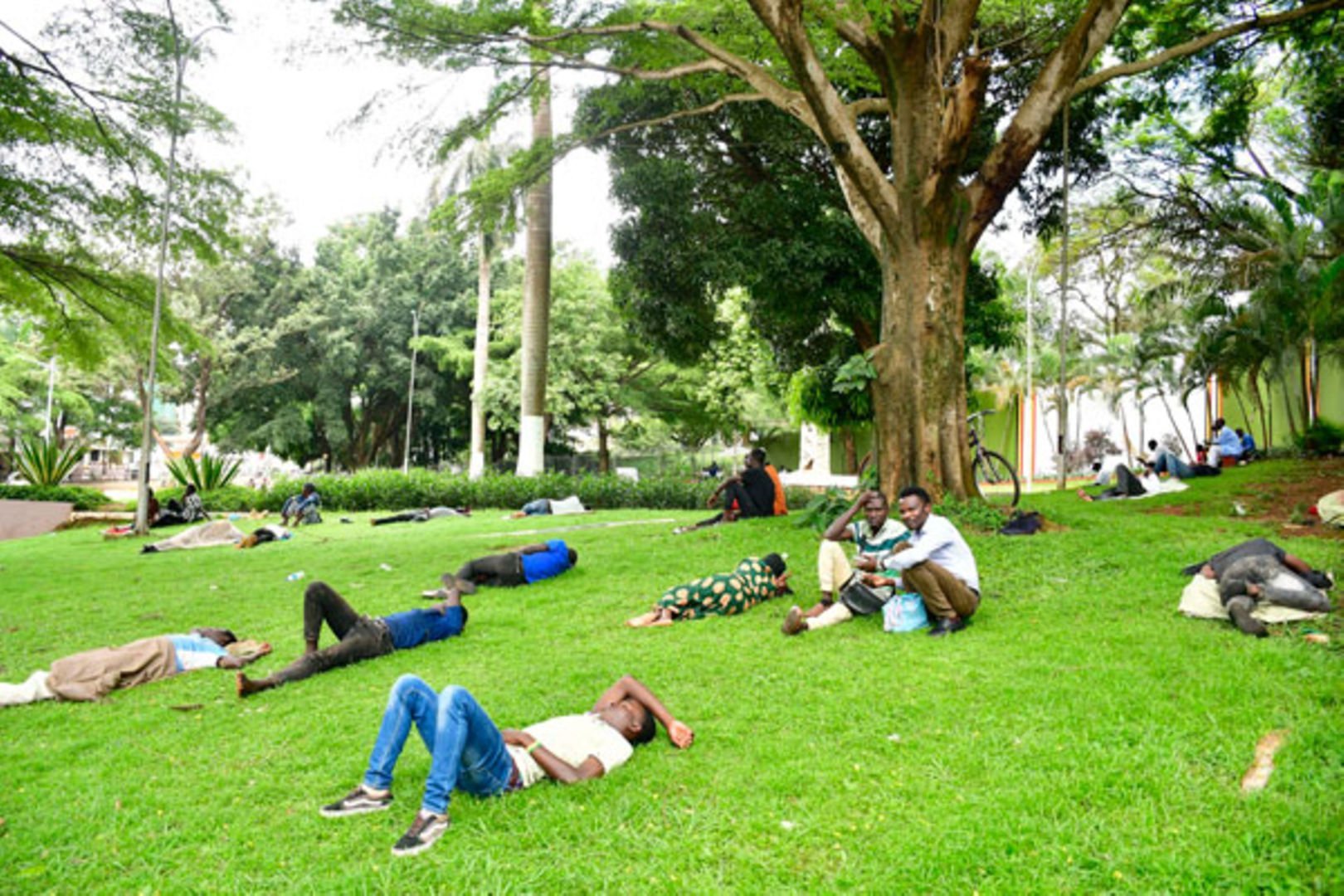Covid, geopolitical tensions might cause global economic recession - WB

A man walks past closed shops in Kampala on August 3, 2021. The government missed its revenue collection target for last financial year by Shs1t. PHOTO | FILE
What you need to know:
- In terms of growth outlook for Sub Saharan Africa, the World Bank has put growth rate at 3.6 per cent in 2023 and 3.9 per cent in 2024.
The World Bank (WB) has warned in its global economic prospects that worldwide economic growth is slowing sharply in the face of elevated inflation, higher interest rates, reduced investment, and disruptions caused by Russia’s invasion of Ukraine- with developing countries being adversely affected in 2023.
The World January 10, 2023 Global Economic Prospects emphasized that “given the fragile economic conditions, any new adverse development—such as higher-than-expected inflation, abrupt rises in interest rates to contain it, a resurgence of the Covid-19 pandemic, or escalating geopolitical tensions—could push the global economy into recession.”
This would mark the first time in more than 80 years that two global recessions have occurred within the same decade.
With the challenges to global status remaining elevated, the World Bank now says the global economy is projected to grow by 1.7 per cent in 2023 and 2.7 per cent in 2024, which will have an impact on countries across the world including Uganda.
It says the sharp downturn in growth is expected to be widespread, with forecasts in 2023 revised down for 95% of advanced economies and nearly 70% of emerging market and developing economies.
Over the next two years, per-capita income growth in emerging market and developing economies is projected to average 2.8 per cent- a full percentage point lower than the 2010-2019 average.
The World Bank said in Sub-Saharan Africa—which accounts for about 60 per cent of the world’s extreme poor—growth in per capita income over 2023-24 is expected to average just 1.2 per cent, a rate that could cause poverty rates to rise.
In terms of growth outlook for Sub Saharan Africa, the World Bank has put growth rate at 3.6 per cent in 2023 and 3.9 per cent in 2024.
“The crisis facing development is intensifying as the global growth outlook deteriorates,” World Bank Group President David Malpass disclosed in Washington.
Adding: “Emerging and developing countries are facing a multi-year period of slow growth driven by heavy debt burdens and weak investment as global capital is absorbed by advanced economies faced with extremely high government debt levels and rising interest rates. Weakness in growth and business investment will compound the already-devastating reversals ineducation, health, poverty, and infrastructure and the increasing demands from climate change.”
Further, the report offers the first comprehensive assessment of the medium-term outlook for investment growth in emerging market and developing economies.
Over the 2022-2024 period, gross investment in these economies is likely to grow by about 3.5% on average—less than half the rate that prevailed in the previous two decades.
The report lays out a menu of options for policy makers to accelerate investment growth.
“Subdued investment is a serious concern because it is associated with weak productivity and trade and dampens overall economic prospects. Without strong and sustained investment growth, it is simply impossible to make meaningful progress in achieving broader development and climate-related goals,” said Dr Ayhan Kose, Director of the World Bank’s Prospects Group.




